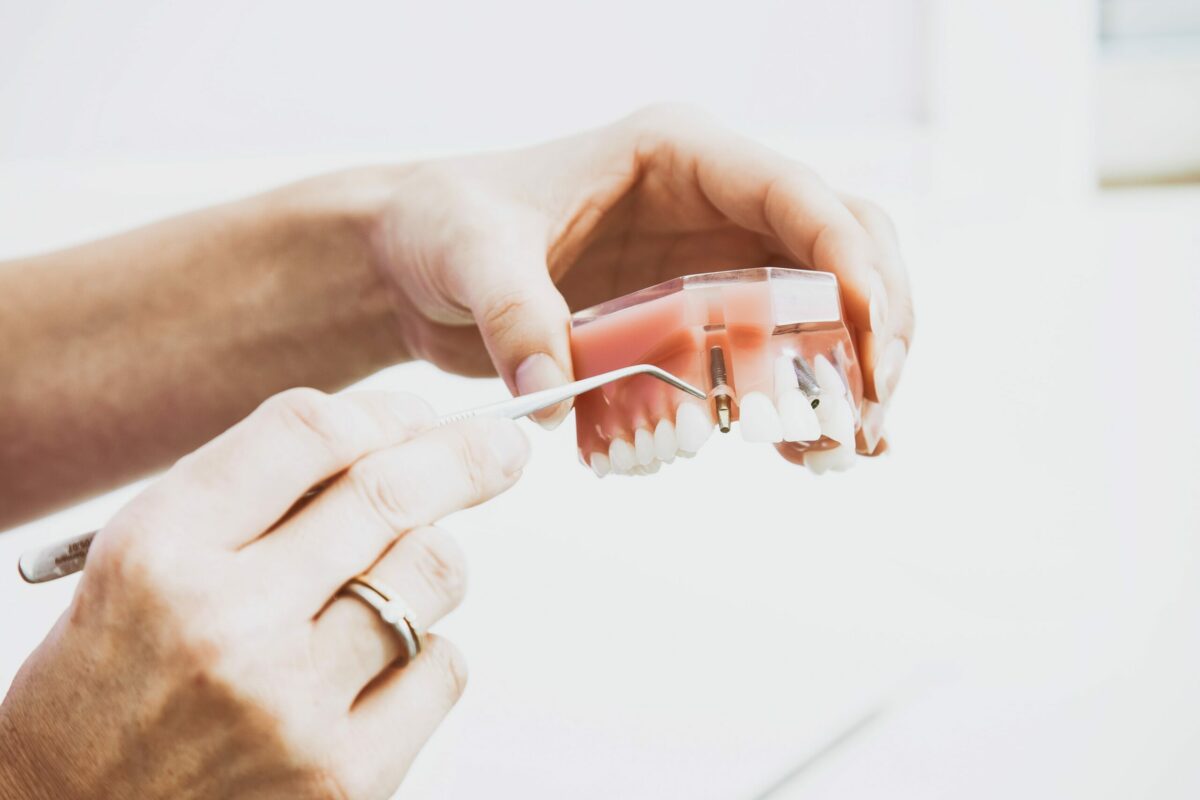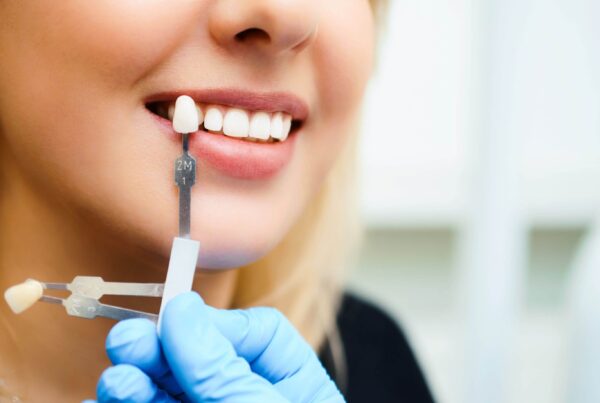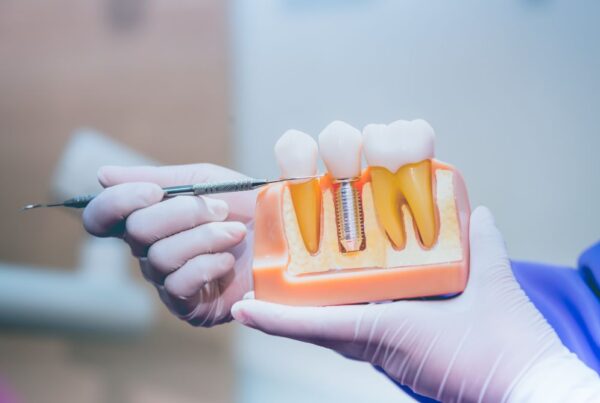
Thanks to dental implants, Dr. Eddy Sauer, Jr. and Dr. Nathaniel Avirett have been able to replace missing teeth and restore the ability of patients to bite, chew, and smile. These artificial tooth roots are able to support crowns, bridges, and dentures with exceptional stability. It’s why so many people in Amarillo, Pampa, and Dumas, TX come to our practice asking about implant dentistry.
The team at Shemen Dental Group does want to note that dental implants can sometimes fail. With that in mind, let’s talk about what causes dental implant failure and what you can do to prevent it from happening.
What Causes Dental Implants to Fail?
There are a few common causes of dental implant failure:
- Errors by Dentists and Oral Surgeons – Sometimes an inexperienced dental health professional makes a mistake that leads to poor treatment results and dental implant failure.
- Slow Healing and Recovery – Slow healing times can increase your risk for infection and other post-op complications. This puts the success of treatment at risk.
- Poor Oral Hygiene – Failure to practice good oral hygiene after getting dental implants can result in a greater risk of dental problems that lead to treatment failure.
- Gum Disease and Peri-Implantitis– Bacterial infections of the gums can spread to the jawbone and other structures of the mouth. Dental implant patients are particularly at risk of peri-implantitis, which affects the gum tissue around a dental implant.
How to Find a Good Dentist/Oral Surgeon Near You
One good way to reduce your risk of dental implant failure is to find a skilled dentist and/or oral surgeon in your area. You can start by asking friends, family members, and colleagues if they can recommend a dental health professional from whom they received dental implants. It’s also possible to do Google searches for terms like “oral surgeon Pampa” and “Dumas dental implants dentist” to find qualified professionals in the region.
Practice Good Oral Hygiene
Good oral hygiene will be crucial for preventing gum disease, peri-implantitis, and other health issues that could make dental implant failure more likely. Be sure to brush at least twice a day and to floss at least once a day. For the best possible cleanliness, you can use a proxybrush and superfloss to remove food particles and plaque from the extremely hard-to-reach places around the implant posts.
Stop Using Tobacco Products
Another great way to prevent gum disease and peri-implantitis is to quit using tobacco products. Smoking and the use of chewing tobacco have been shown to increase the risk of periodontal disease. Stop using tobacco products prior to oral surgery and continue to avoid tobacco products for as long as possible to prolong the life of your dental implants.
Quitting is obviously easier said than done. We’re more than happy to discuss various resources that can make quitting easier.
Attend Follow-Up Care Visits with Your Dentist
Patients will have a few follow-up visits to monitor post-surgical recovery and the condition of the implants. Attend all of these follow-up visits as scheduled, and follow all instructions for proper afercare.
Go to Regular Dental Checkups
Regular cleanings and checkups are just as important as follow-up visits. Be sure to see your dentist twice a year for regular visits. If any issues arise between follow-up visits and regular checkups, make sure to reach out to your dentist as soon as possible.
Learn More About Dental Implants
For more information about dental implants and how they can help you smile with renewed confidence, be sure to contact a skilled cosmetic and restorative dentist. You can reach Shemen Dental Group by phone in Amarillo at (806) 358-2472.




